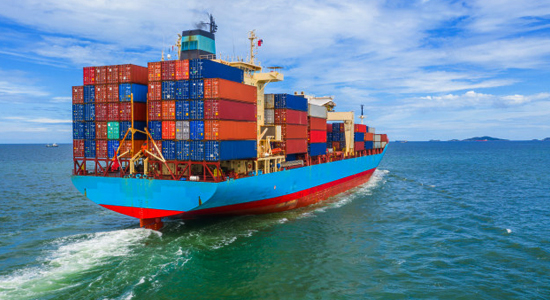Collaborating effectively with a local United Kingdom shipping agent is essential for smooth customs clearance, cost-efficient logistics, and timely deliveries. Whether you’re importing goods from China or other regions, knowing how to work with a local United Kingdom shipping agent ensures you navigate UK regulations, optimize routes, and resolve issues proactively. This guide outlines key steps to build a successful partnership with your agent.
1. Research and Select the Right Agent
Verify Credentials and Expertise
- Look for agents with UK customs brokerage licenses and membership in organizations like the British International Freight Association (BIFA).
- Example: Agents specializing in your cargo type (e.g., electronics, textiles) understand niche requirements like UKCA marking.
- Check online reviews on platforms like Trustpilot for ratings on reliability and communication.
Assess Service Coverage
- Ensure the agent covers your target ports (e.g., Felixstowe, Southampton) and inland hubs (e.g., London, Birmingham).
- Tip: Agents with warehouses in strategic locations offer faster last-mile delivery.
2. Clarify Roles and Expectations
Define Scope of Services
- Discuss key responsibilities:
- Customs clearance (e.g., submitting HS codes, VAT declarations).
- Freight forwarding (sea, air, or rail transport).
- Warehousing and distribution (e.g., pick-and-pack services).
- Example: A Chinese supplier of machinery hired a UK agent to handle both customs and rail transport to Manchester.
Set Communication Protocols
- Agree on preferred channels (email, phone, or portal) and response timeframes (e.g., “Update within 24 hours for delays”).
3. Prepare Documentation Together
Share Required Paperwork Early
- Provide commercial invoices, bills of lading, and certificates (e.g., CE/UKCA, FSC) at least 7 days before shipment arrival.
- Risk Avoidance: Missing documents can cause delays of 2–5 days at UK ports.
Leverage Agent Expertise for Compliance
- Ask agents to review HS code classifications (e.g., ensuring machinery is listed under HS 8420) and UK regulations.
- Case Study: A UK agent corrected an HS code error for solar panels, saving the importer £800 in incorrect tariffs.
4. Optimize Logistics with Agent Insights
Tap into Local Market Knowledge
- Consult agents on peak shipping seasons (e.g., avoid Q4 for sea freight due to Christmas congestion) and regional delivery preferences.
- Strategy: Use agent-recommended routes like the Felixstowe-to-Birmingham rail link for faster inland transport.
Negotiate Competitive Rates
- Work with agents to bundle services (e.g., customs + transport) for discounts.
- Example: A combined sea freight and customs package from China Top Freight’s UK partner reduced costs by 15%.
5. Monitor Shipments and Resolve Issues
Use Agent Tracking Tools
- Access real-time updates via the agent’s portal (e.g., “Shipment cleared customs in London – out for delivery”).
- Set alerts for milestones like “Container arrived at Felixstowe Port.”
Address Delays Proactively
- If issues arise (e.g., port strikes), ask agents for contingency plans like rerouting via Dublin or air freight alternatives.
6. Evaluate Agent Performance
Conduct Regular Reviews
- Assess KPIs like on-time delivery rates (target: 95%+), documentation accuracy, and cost efficiency.
- Feedback Example: “Agent improved customs clearance speed from 3 days to 1 day for electronics shipments.”
Adjust Contracts as Needed
- Renegotiate terms for large volume increases or switch to month-to-month agreements for flexibility.
7. Avoid Common Collaboration Pitfalls
Underestimating Cultural and Regulatory Differences
- UK agents understand local nuances like VAT deferral schemes and Brexit-related rules (e.g., Northern Ireland Protocol).
- Mistake to Avoid: Assuming EU regulations apply post-Brexit; always confirm UK-specific requirements.
Poor Communication Practices
- Failing to update agents on order changes (e.g., shipment delays from China) can cause cascading issues.
In conclusion, learning how to work with a local United Kingdom shipping agent involves thorough research, clear communication, and leveraging their regional expertise. By choosing agents with strong credentials, defining roles explicitly, and collaborating on documentation and logistics, you can streamline your import process. Partners like China Top Freight’s network of UK agents offer end-to-end support, ensuring your goods reach customers efficiently and compliantly.


